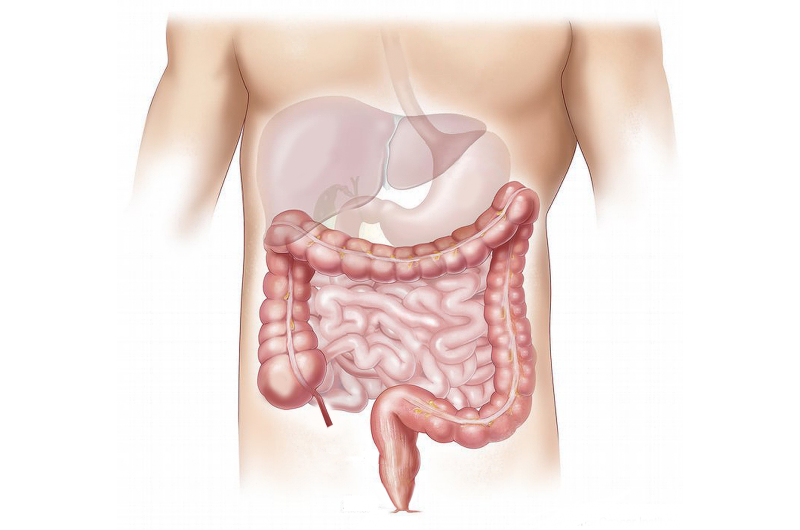Innovative Online Program Supports Body Confidence in IBD Patients

A new online program developed by Flinders University aims to improve body image and emotional well-being for people with Inflammatory Bowel Disease, combining mindfulness and cognitive therapy techniques.
A pioneering online intervention has been developed by Flinders University to enhance body image and emotional well-being among individuals living with Inflammatory Bowel Disease (IBD). This comprehensive program aims to address the psychological challenges faced by IBD patients, who often experience body dissatisfaction due to visible scars, weight fluctuations from medication, or surgical procedures. As IBD, including Crohn's disease and ulcerative colitis, continues to affect an increasing number of Australians—projected to reach 200,000 within a decade—this initiative represents a significant advancement in holistic patient care.
The 10-module digital course, designed to be completed over a three-week period, incorporates mindfulness practices, cognitive behavioral therapy techniques, and exercises focused on developing self-compassion. Participants engage with educational content, guided reflection, and activities aimed at appreciating their body's functionality, managing social comparisons, and transforming negative thought patterns.
The program was developed through close collaboration with IBD patients, Flinders Medical Center, and researchers, emphasizing patient-led design. Patients involved in the co-creation process also reported feeling more positive about their condition, highlighting the program's emotional benefits.
Dr. Mia Pellizzer, the lead author of the related study published in Body Image, explains that traditionally, IBD care has concentrated on managing physical symptoms, often overlooking the psychological impact. "Addressing body image concerns is crucial, especially since up to 81% of IBD patients experience distress related to their appearance following surgery or medication changes."
Associate Professor Réme Mountifield emphasizes that this approach signifies a shift towards integrated chronic disease management that values patient insights and emotional health. The next phase involves pilot testing the program with Australian IBD sufferers, followed by a randomized controlled trial to rigorously evaluate its effectiveness—a standard in medical research. If successful, the program could become a widely accessible resource, helping patients not just cope but thrive despite their condition.
This initiative exemplifies innovative, patient-centered strategies to support mental health and self-esteem in chronic illness management, fostering resilience and overall well-being.
Source: https://medicalxpress.com/news/2025-07-online-aims-ibd-patients-body.html
Stay Updated with Mia's Feed
Get the latest health & wellness insights delivered straight to your inbox.
Related Articles
Managing Pre-Surgical Anxiety: Innovative Mental Health Strategies to Improve Outcomes
Preoperative anxiety can negatively impact surgical recovery and long-term health. Innovative mental health support and digital tools offer promising solutions to improve patient outcomes and well-being.
Innovative Personalized Brain Stimulation Offers Hope for Depression Treatment
Researchers at QIMR Berghofer have developed personalized transcranial magnetic stimulation (TMS) therapy for depression, demonstrating significant improvements in patient outcomes by tailoring treatment based on individual brain scans.
Understanding Stress and Disillusionment Among Medical Students: Beyond Academic Pressures
Explore how academic pressures, family relationships, and cultural norms contribute to stress and disillusionment among medical students, affecting their mental health and well-being.



